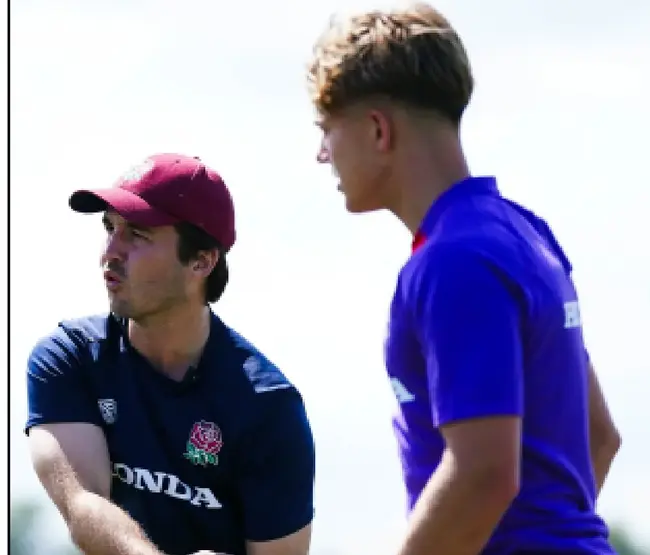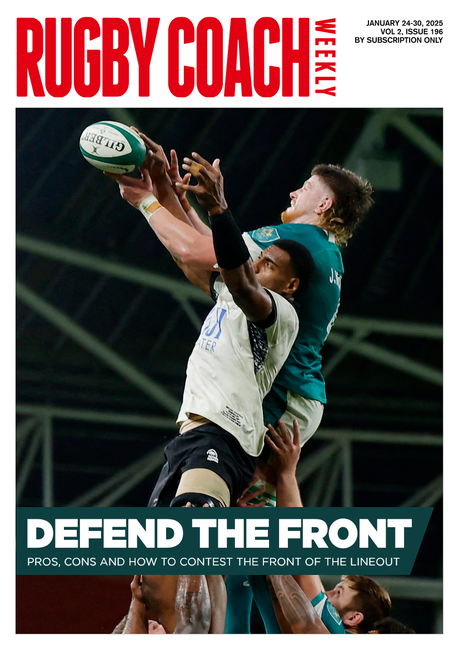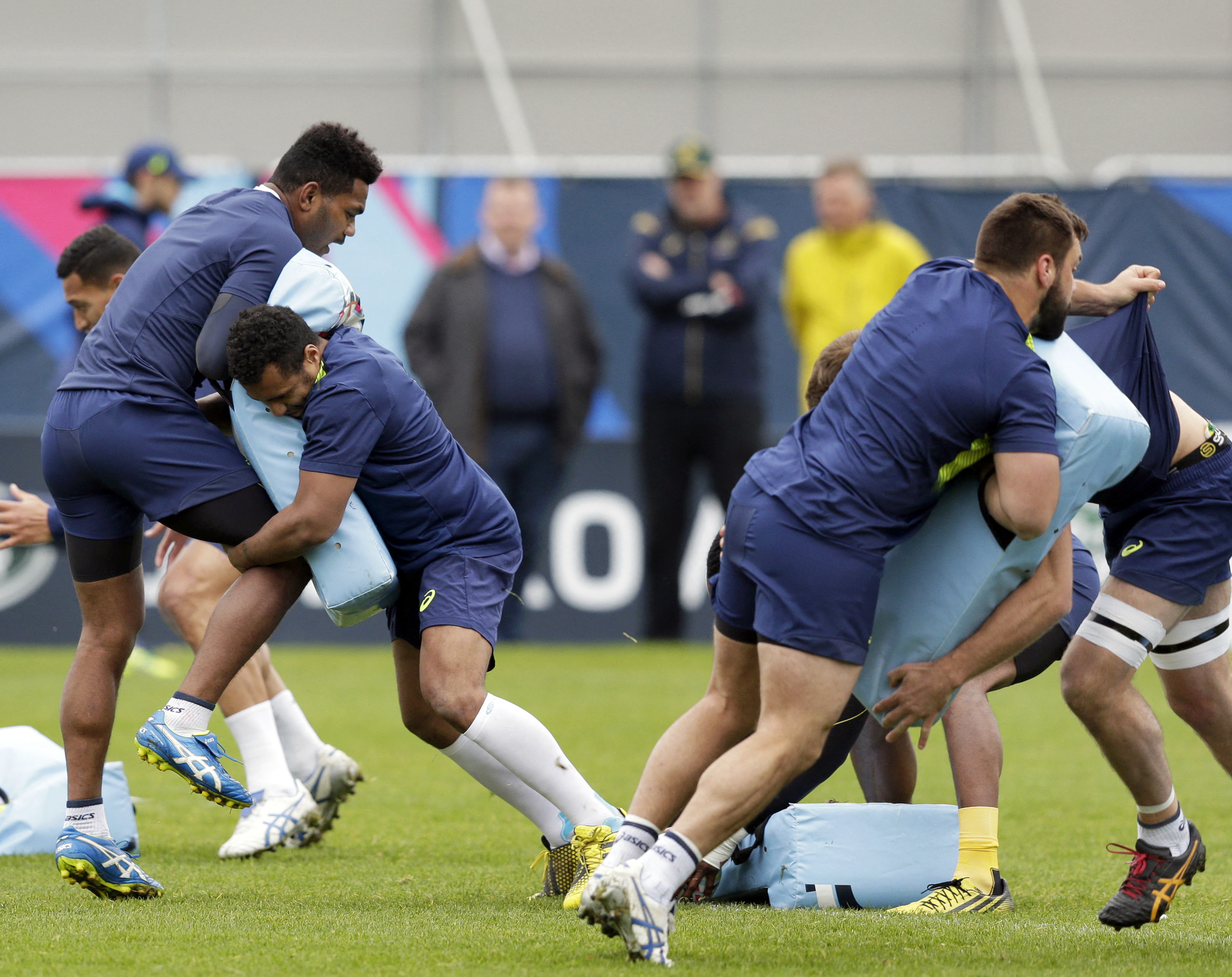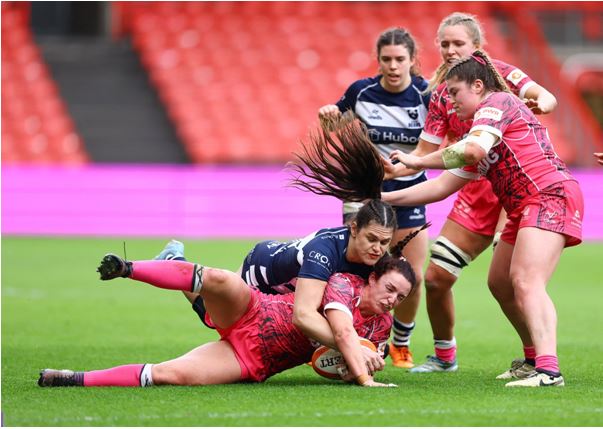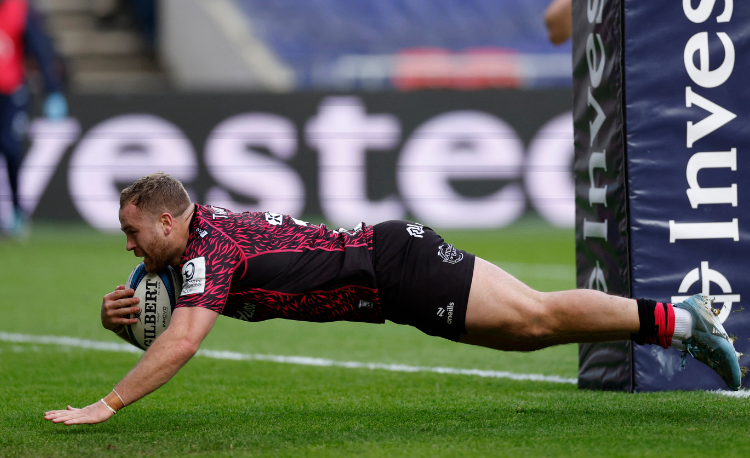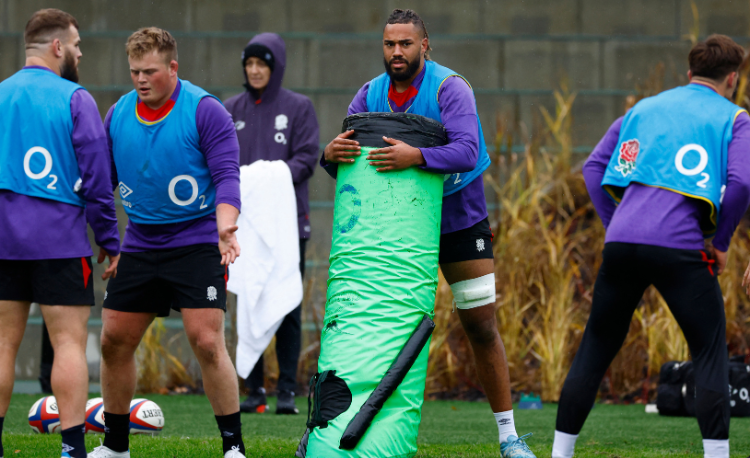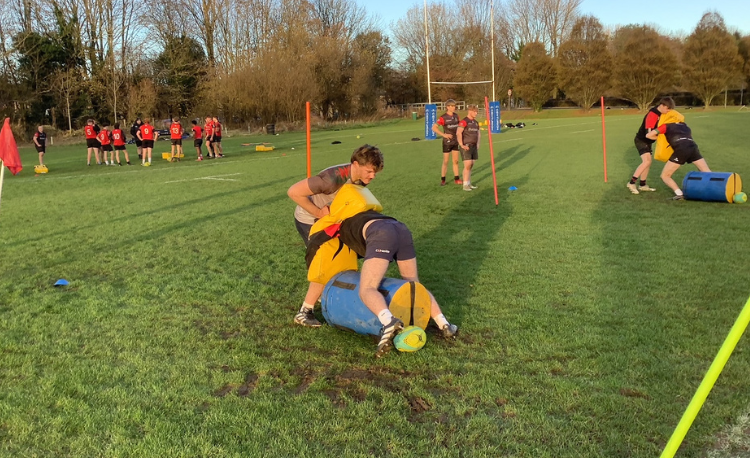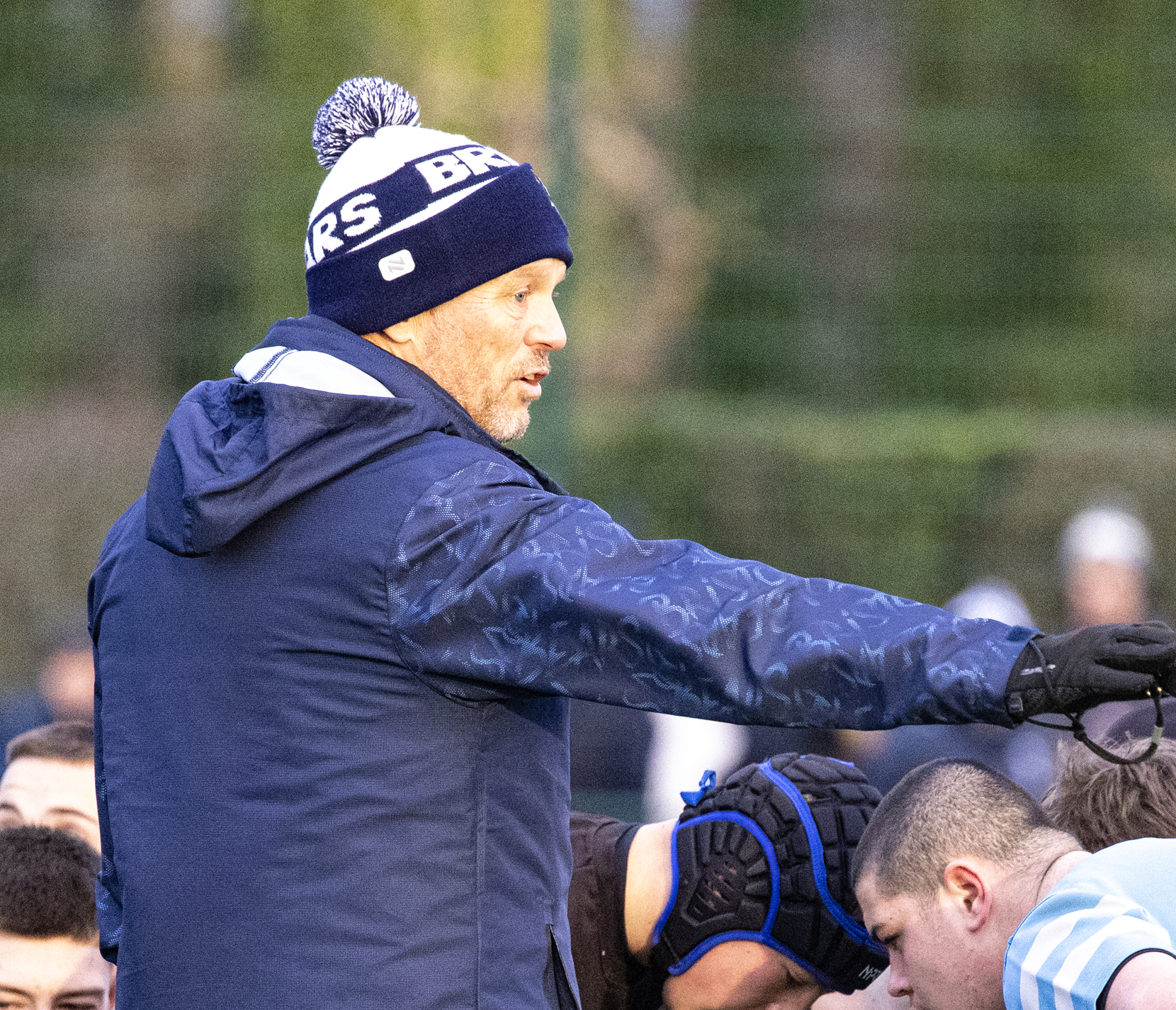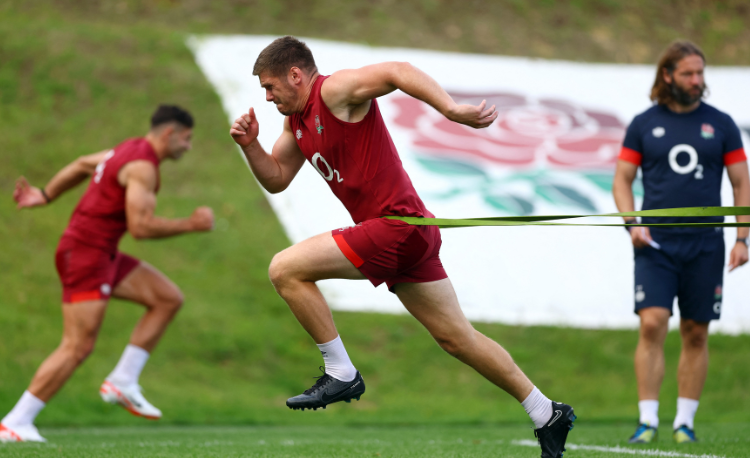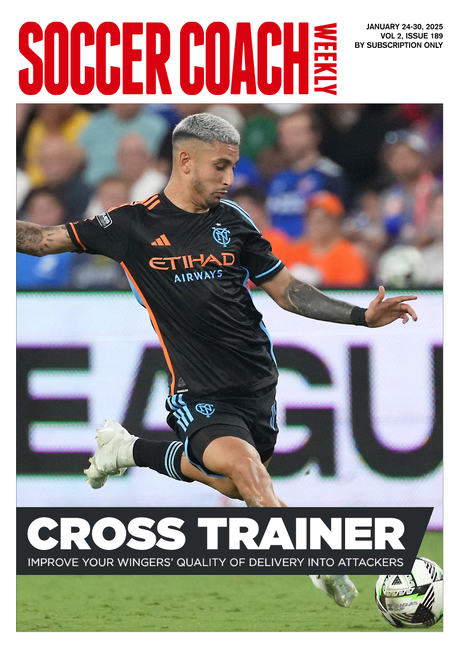Making top young players even better
Four keys to improving the best.
The latest issue of Rugby Coach Weekly is dedicated to the inner workings of the England U18s coaches.
Watching them in action, you see a connected approach to developing the whole athlete.
While head coach Jon Pendlebury takes the lead, each member of the coaching group plays a key role.
Here are four key takeaways from my visit.
Building trust and understanding
Before you get into drills or fitness work, it’s essential to establish trust.
This isn’t just a quick chat before training – it’s about developing a deeper connection with your players. When young athletes trust their coaches, they’re more likely to absorb feedback and improve.
The best coaches take the time to understand each player’s personality, ambitions, and challenges. Some respond well to direct, tough feedback, while others need a more supportive approach. Adapting your style to meet each player’s needs is key.
Detail matters
Developing a good player into a great one doesn’t happen overnight. This is where the best coaches shine, paying close attention to the details.
For them, every tackle, every pass, every phase of play is an opportunity to refine skills.
Instead of just saying “pass better”, focus on breaking down the mechanics: grip, release and body positioning.
Reviewing match footage together helps players understand how their positioning can influence the outcome of a phase.
This meticulous attention to detail extends to developing game intelligence.
Young players can learn to read the game like seasoned veterans when they’re trained in decision-making and situational awareness.
Preparing mind and body
A well-rounded approach includes both mental and physical preparation.
Coaches who prioritise mental resilience help players develop the toughness to recover from mistakes and remain focused under pressure.
Physical conditioning is also critical. Top coaches design individualised fitness plans, focusing not just on performance, but also on injury prevention and recovery, ensuring that each player can reach their potential without compromising their health.
Constructive feedback for continuous growth
At the core of player development is effective feedback. Constructive, actionable advice is essential for improvement.
After each game or training session, ask: What worked? What could be better? This regular dialogue helps players understand their progress and areas for growth.
Great coaches don’t just critique; they help players to set long-term goals and cultivate a growth mindset.
This continuous feedback loop fosters an environment where players feel empowered to improve.
---
QUOTE
"My responsibility is leadership. The minute I get negative, that is going to have an influence on my team."
Don Shula, former head coach of NFL giants, Miami Dolphins
Newsletter Sign Up
Coaches Testimonials

Gerald Kearney, Downtown Las Vegas Soccer Club

Paul Butler, Florida, USA

Rick Shields, Springboro, USA

Tony Green, Pierrefonds Titans, Quebec, Canada
Subscribe Today
Be a more effective, more successful rugby coach
In a recent survey 89% of subscribers said Rugby Coach Weekly makes them more confident, 91% said Rugby Coach Weekly makes them a more effective coach and 93% said Rugby Coach Weekly makes them more inspired.
Get Weekly Inspiration
All the latest techniques and approaches
Rugby Coach Weekly offers proven and easy to use rugby drills, coaching sessions, practice plans, small-sided games, warm-ups, training tips and advice.
We've been at the cutting edge of rugby coaching since we launched in 2005, creating resources for the grassroots youth coach, following best practice from around the world and insights from the professional game.
